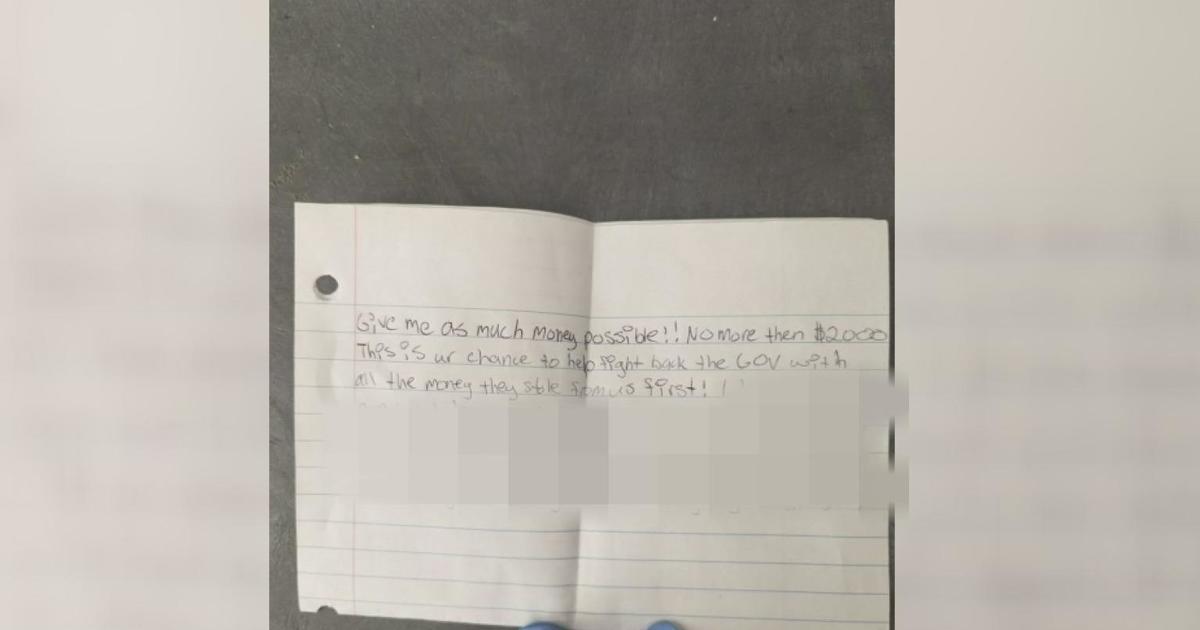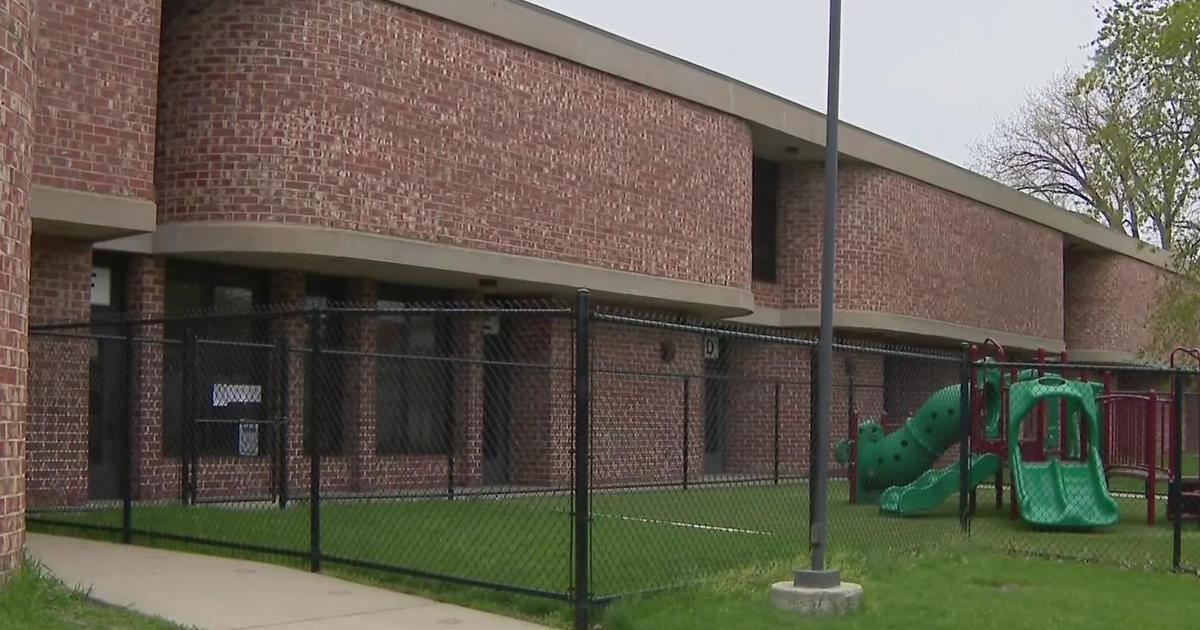Justice Dept. Threatens To Subpoena Records Of 'Sanctuary Cities' In Growing Immigration Rift
CHICAGO (CBS) -- The Justice Department issued a new threat to so-called sanctuary cities like Chicago on Wednesday, demanding state and local officials prove they are cooperating with federal immigration authorities, or face subpoenas.
Attorney General Jeff Sessions sent letters to 23 jurisdictions seeking a wide range of documents showing they are not withholding information about the immigration status of people in law enforcement custody. The move is part of the Trump administration's promised crackdown on cities and states that refuse to help enforce U.S. immigration laws.
The letters note federal law enforcement grants they receive forbid state and local governments from refusing to share such information with federal authorities.
The city of Chicago, Cook County, and the state of Illinois were among the jurisdictions that received the letter.
"The Trump Justice Department can try to intimidate us with legal threats, but we will never abandon our values as a welcoming city or the rights of Chicago residents," Mayor Rahm Emanuel said in a statement on Wednesday. "The Trump Administration's actions undermine public safety by jeopardizing our philosophy of community policing, as they attempt to drive a wedge between immigrant communities and the police who serve them. Like we've done in our lawsuit against the Trump Justice Department for attempting to use a federal public safety grant to blackmail cities like Chicago, we will continue to stand up for Chicago's residents and our principles."
Frank Shuftan, spokesman for Cook County Board President Toni Preckwinkle, said the county's sanctuary ordinance already complies with federal law.
"We have in the past responded to DOJ's requests for opinions and supporting documents to substantiate our position and will do so again as necessary. That said, we remain committed to ensuring that all Cook County residents have the same access to justice, regardless of their socio-economic status, education level, skin color, ZIP code and immigration status," he said in an email.
Cook County's sanctuary ordinance orders the sheriff's office to ignore Immigration and Customs Enforcement detainers unless the federal government covers the costs, and to release undocumented immigrants being held in custody on other charges after they have posted bail.
Sessions has previously threatened to cut off Justice Department grants to so-called sanctuary cities until they certify they are in compliance with federal immigration laws. However, federal courts have blocked the Trump administration's effort to withhold public safety grant money from sanctuary cities and states.
Federal judges also have blocked an order adding new requirements for cities to receive a law enforcement grant known as the Edward Byrne Memorial Justice Assistance Grant Program. The new rules would require cities to give federal immigration enforcement agents access to jails and notify the feds whenever an undocumented immigrant is about to be released from custody.
Sessions has blamed "sanctuary city" policies for crime and gang violence, saying Wednesday, "we have seen too many examples of the threat to public safety represented by jurisdictions that actively thwart the federal government's immigration enforcement enough is enough."
But defenders of sanctuary city practices say they actually improve public safety by promoting trust among law enforcement and immigrant communities and reserving scarce police resources for other, more urgent crime-fighting needs.
Chicago's "Welcoming City Ordinance" protects undocumented immigrants from being held for immigration authorities, unless they have been convicted of a serious crime or are being sought on a criminal warrant. The ordinance also prohibits Chicago police from allowing U.S. Immigration and Customs Enforcement agents from using city facilities for interviews or investigations, and bars officers from replying to ICE inquiries or speaking to ICE officials about someone's custody status or release date.
(© Copyright 2018 CBS Broadcasting Inc. All Rights Reserved. The Associated Press contributed to this report.)



